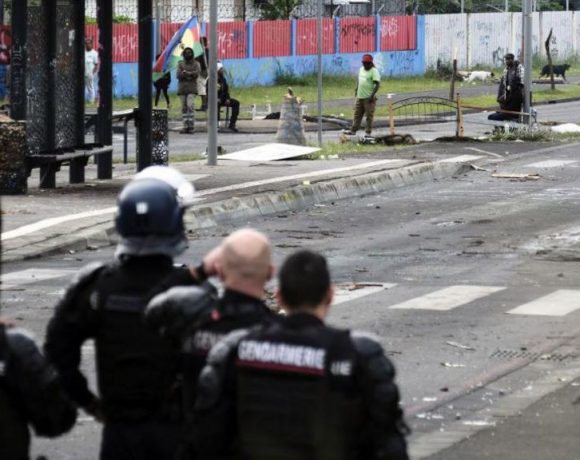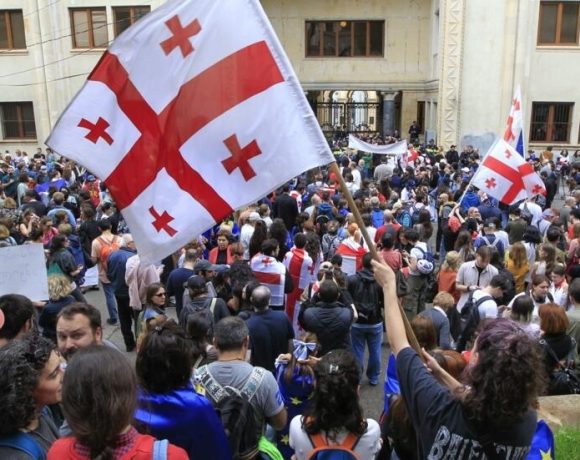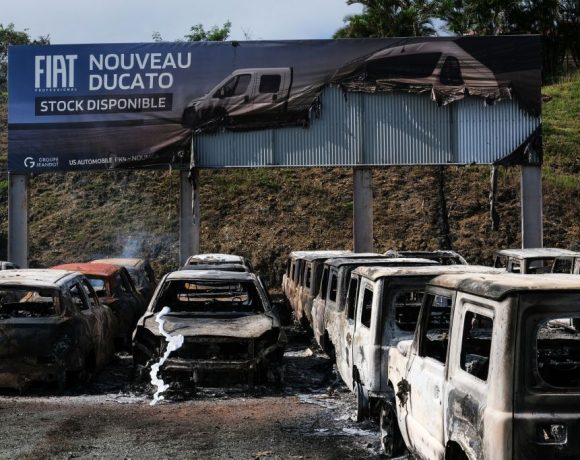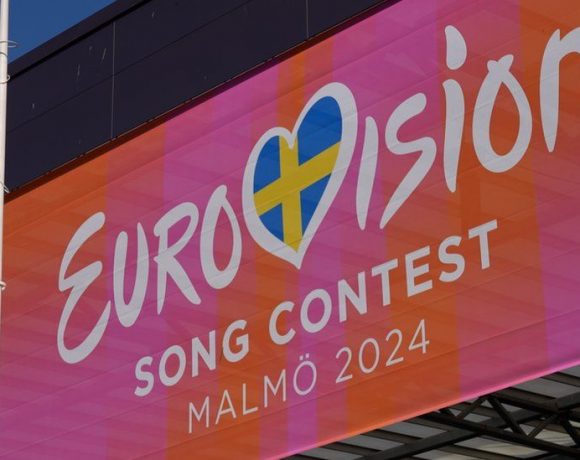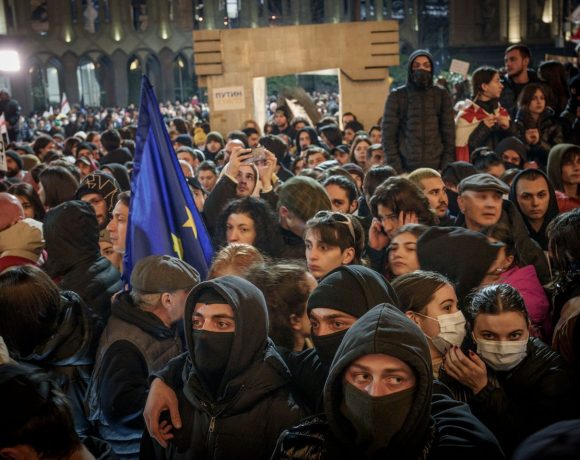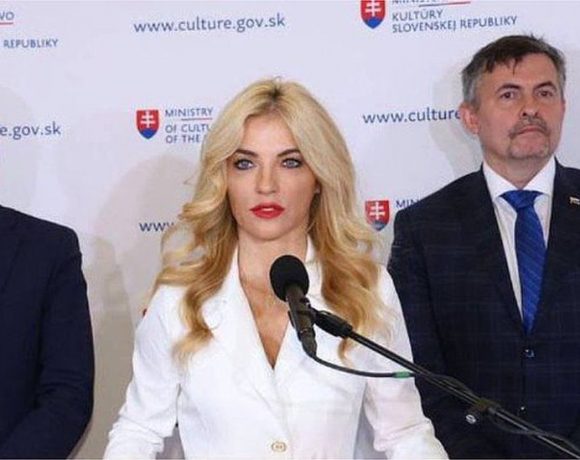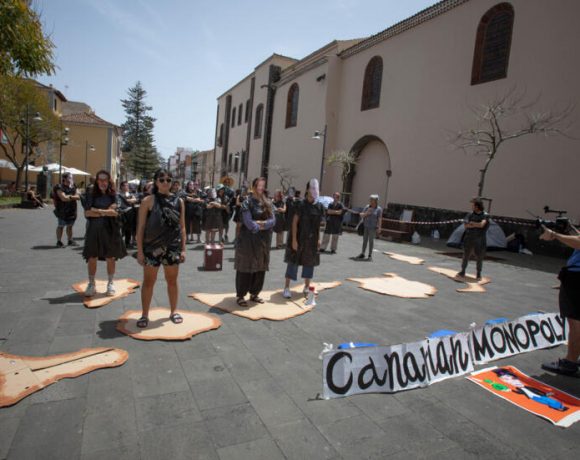
Fifteen individuals were brought before a special court in Dublin following violent protests at a site designated for asylum seekers. Protestors ignited pallets and construction equipment at the former Crown Paints factory in Coolock, North Dublin, causing a significant fire. The site on Malahide Road was scheduled for development later in the week.
Taoiseach Simon Harris condemned the violence as “reprehensible.” The fifteen individuals who appeared in Dublin District Court on Monday evening faced public order charges, including non-compliance with police orders and threatening or abusive behavior. They were released on conditional bail, provided they avoid the protest site, and are due back in court on September 18. Four additional people are set to appear in court on Tuesday morning.
Over 200 gardaí responded to the incident, with three Garda cars damaged, one of which was set on fire. According to Irish broadcaster RTÉ, pepper spray was used by the police, and a security guard along with several gardaí sustained injuries during clashes with the protesters. The disturbances involved petrol bombs, fireworks, and the burning of mattresses, which damaged a JCB. Fires were also set on the roads.
Gardaí classified the event as a public order incident and temporarily closed the road. Officers faced verbal and physical abuse throughout the day, which escalated to rocks, fireworks, and other objects being hurled at them. “A number of fires were lit and official Garda vehicles seriously damaged,” a spokesperson said. As the situation intensified, police used force in self-defense.
Garda Commissioner Drew Harris remarked on the challenging day for his officers and condemned the violence, stating that there were attacks on gardaí, criminal damage, and serious public disorder offenses, all of which would be thoroughly investigated. He mentioned that 15 individuals had been charged, with more charges expected overnight.
Justice Minister Helen McEntee expressed her horror at the criminal behavior in Coolock and vowed that those involved would face severe legal consequences.
Dublin city councillor Mícheál Mac Donncha condemned the incident as “deplorable,” asserting that violence, intimidation, and arson have no place in communities. The Sinn Féin representative emphasized that the burning of vehicles and attempts to burn the building were violent criminal acts that must be condemned. He noted that the Department of Integration was developing the site to house families seeking international protection, urging those responsible to cease their actions immediately and condemning the efforts to spread fear and hate in the community.
Picture Courtesy: Google/images are subject to copyright

